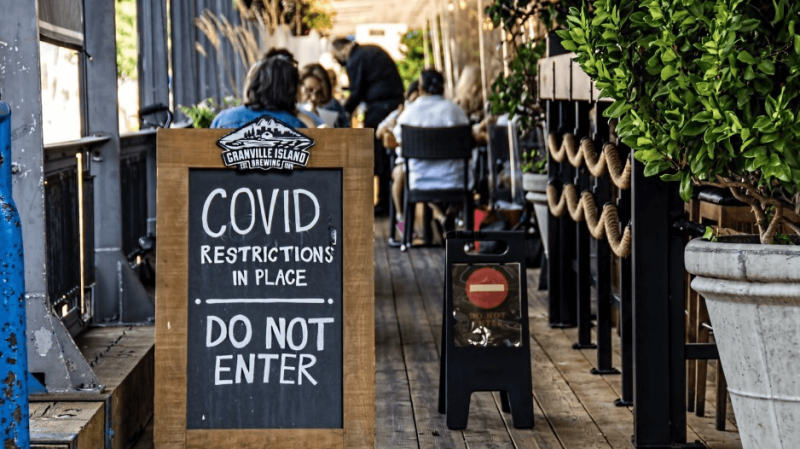A series of three studies revealed that individuals with pronounced psychological entitlement were more likely to have visited non-essential venues such as buffets, spas, and casinos during the COVID-19 pandemic in 2020, and that these risky behaviors were related to heightened belief in conspiracy theories. The new research was published in the Journal of Social Psychology.
Research indicates that those endorsing conspiracy theories are more likely to refuse vaccinations and make health-related decisions detrimental to societal welfare, such as spreading disease. During the COVID-19 pandemic, various conspiracy theories emerged, denying the pandemic’s existence or misinterpreting the virus’s characteristics or origins.
Further research has suggested a connection between the level of conspiracy theory endorsement and a sense of entitlement. Psychological entitlement is a personality trait characterized by the enduring belief that one deserves more than others, often irrespective of merit or fairness.
…
In their new study, [associate professor of organizational behavior at the University of Manitoba] Lukas Neville and his colleagues posited that entitled individuals might gravitate towards conspiracy theories as a defense mechanism against threats to their self-concept. By endorsing conspiracy theories, these individuals find justification for violating social norms. For instance, “sovereign citizen” theories can rationalize tax evasion, while COVID conspiracy theories might justify ignoring health recommendations or lockdown measures intended to curb the virus’s spread.































